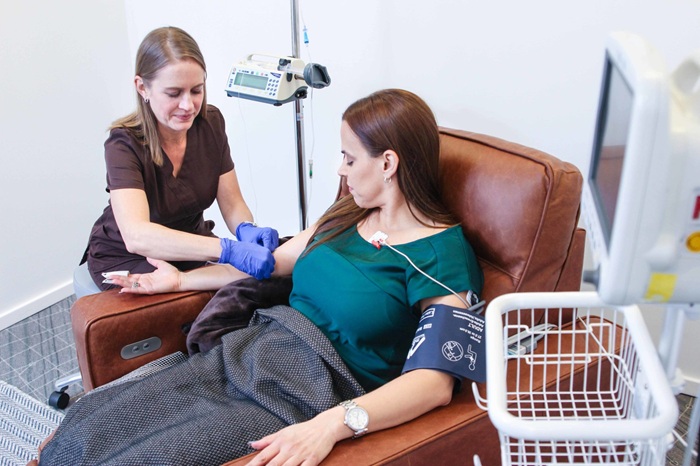
Depression can profoundly affect daily life, making even simple activities feel overwhelming. Many individuals struggle with persistent symptoms that affect their relationships, work, and overall well-being. The search for practical solutions has led to growing interest in innovative therapies that target depression in new ways.
One option showing promising results is ketamine treatment for depression. This therapy has gained attention for its ability to help individuals who have not responded to conventional methods. The sections below outline the factors that determine candidacy, providing clarity for those exploring whether this treatment may be the right fit.
Treatment-Resistant Depression
Those who have tried multiple antidepressants without meaningful improvement may be considered ideal candidates. Such individuals experience ongoing frustration and discouragement due to the limited relief. Careful evaluation can open the door to alternative options that may ultimately lead to lasting progress.
This treatment is designed for individuals who have not found relief through conventional methods. Specialists recommend it when other strategies have failed or provided only partial benefits. It is seen as a next step rather than a first-line option.
Severity and Type of Depression
Candidates usually present with moderate to severe depressive symptoms that disrupt daily life. These individuals report persistent feelings of sadness, a lack of motivation, or difficulty functioning in work and personal environments. In some cases, suicidal thoughts may also be present.
The type of depression also matters. Those with treatment-resistant major depressive disorder are most frequently evaluated for suitability. However, specialists sometimes explore the therapy for individuals with related conditions when other interventions prove ineffective.
Health History and Medical Screening
Before receiving ketamine therapy, patients undergo detailed health evaluations. This includes a review of past treatments, health, and any existing medical conditions. Such screenings help ensure the therapy is safe and appropriate.
Certain conditions may limit eligibility. For example, uncontrolled blood pressure, specific heart conditions, or a history of substance misuse may prevent candidacy. Medical professionals weigh the potential benefits against the risks before proceeding.
Support Systems and Follow-Up Care
Another factor in determining candidacy is the presence of support systems. Individuals undergoing treatment benefit from having family, friends, or caregivers who can assist with post-treatment needs. This layer of support strengthens the likelihood of positive outcomes.
Follow-up care is equally important. Ketamine therapy is not a stand-alone solution but part of a broader treatment plan. Ongoing monitoring and mental health support are crucial to sustaining the improvements achieved.
Realistic Expectations and Commitment
Candidates must approach the therapy with realistic expectations. While some experience rapid relief, results can vary, and ongoing sessions may be necessary. The goal is symptom reduction rather than a permanent cure.
Commitment to the full course of therapy enhances effectiveness. Patients willing to engage in regular treatments, follow medical advice, and continue additional mental health care tend to experience better outcomes over time. This dedication helps maximize the benefits of therapy while supporting long-term stability and resilience in managing depressive symptoms.
Mental Health Evaluation Before Treatment
A thorough mental health assessment is an essential step in determining candidacy. Specialists carefully review the patient’s current symptoms, emotional history, and treatment responses to gain a comprehensive understanding of their situation. This evaluation ensures that therapy is considered for individuals who are most likely to benefit from it.
Psychological screenings also help identify any conditions that could affect treatment outcomes. This step reduces potential risks while improving the chances of successful results. It also enables providers to design a plan tailored to each person’s specific mental health needs.
A careful review of medical history, current symptoms, support systems, and readiness helps determine who may benefit from ketamine therapy. When the right candidates receive ketamine treatment for depression, the therapy can offer meaningful improvement and renewed stability. With proper evaluation and guidance, this option has the potential to provide hope for individuals who seek relief from persistent depressive symptoms.




